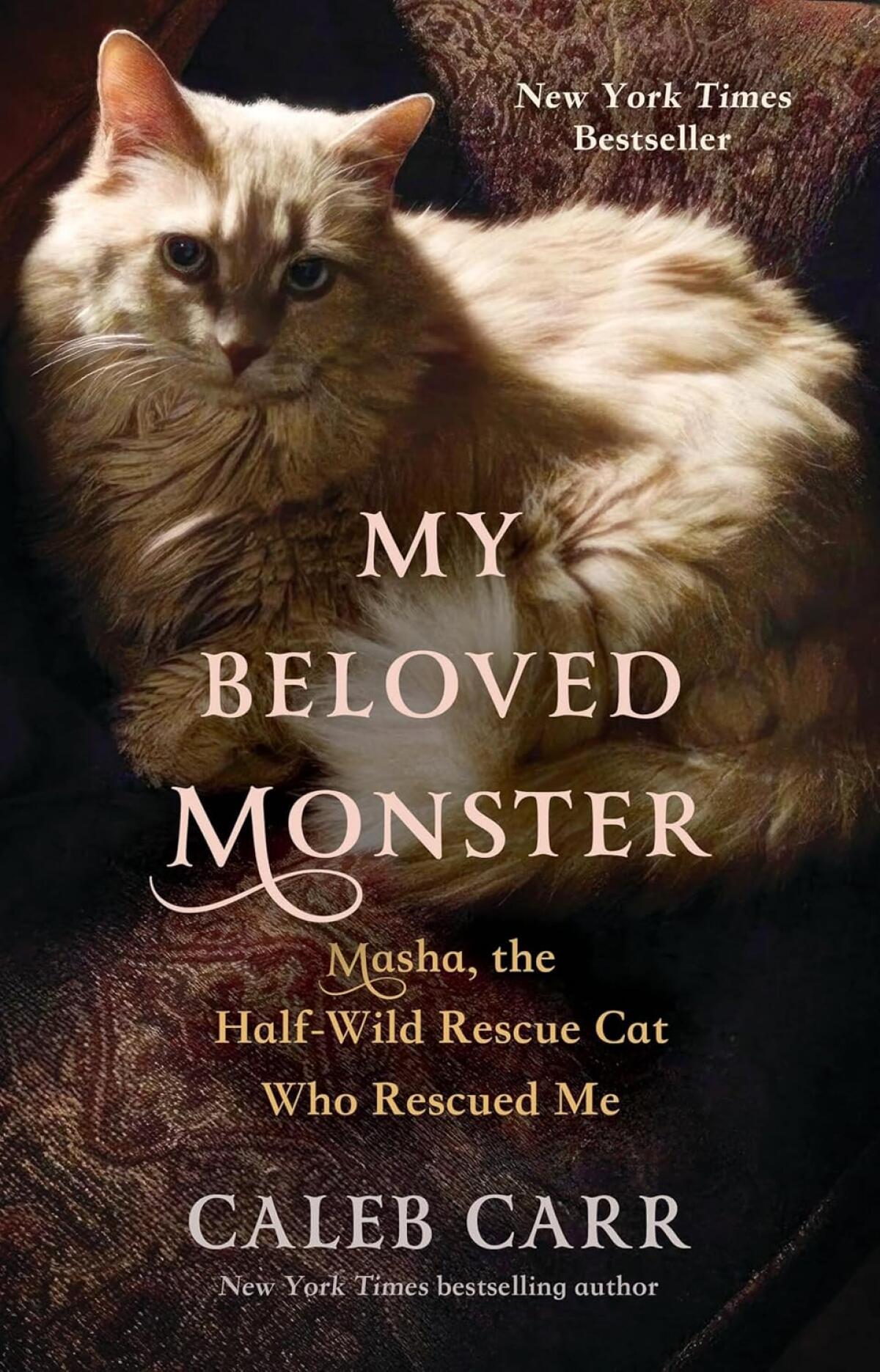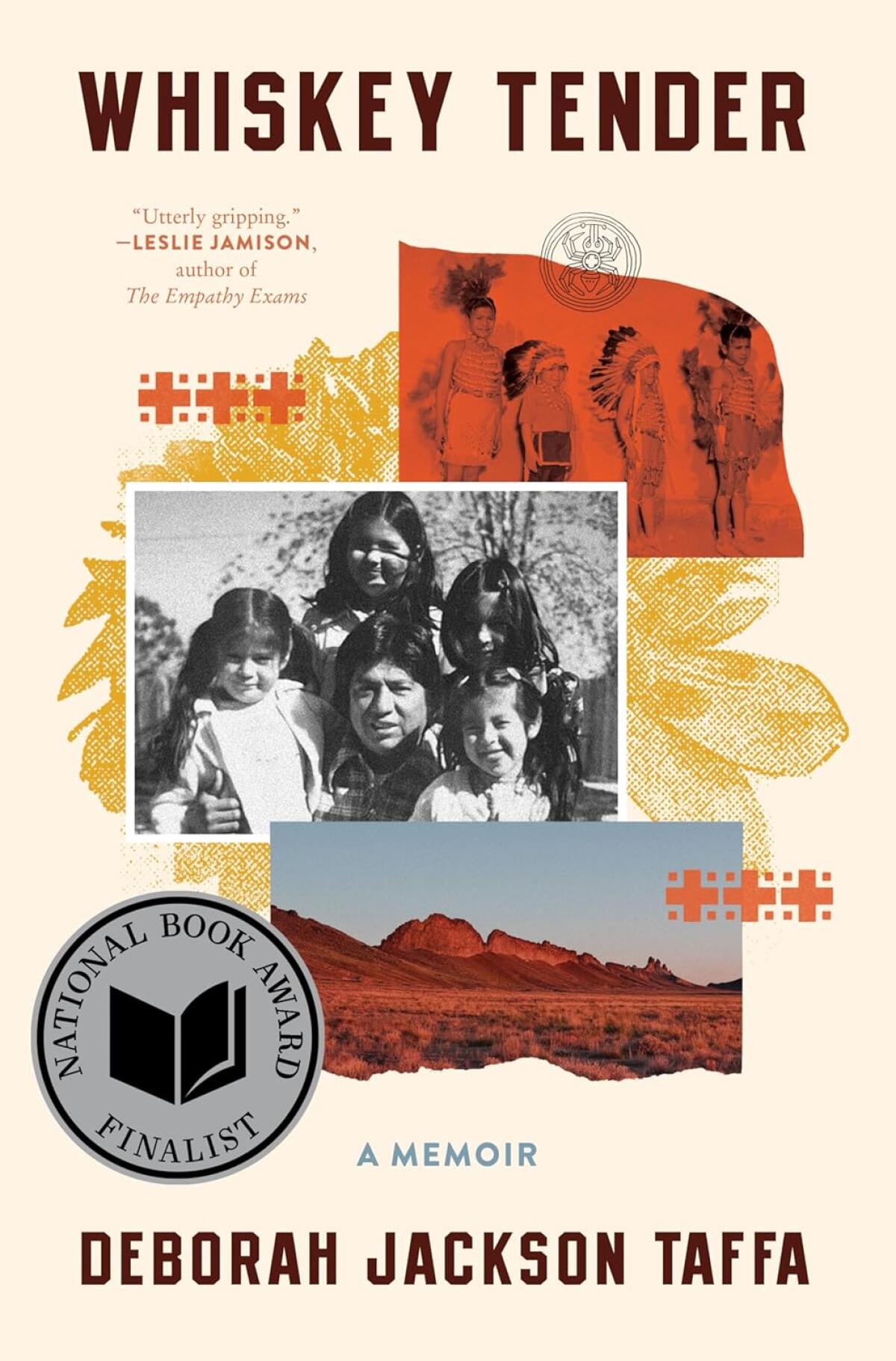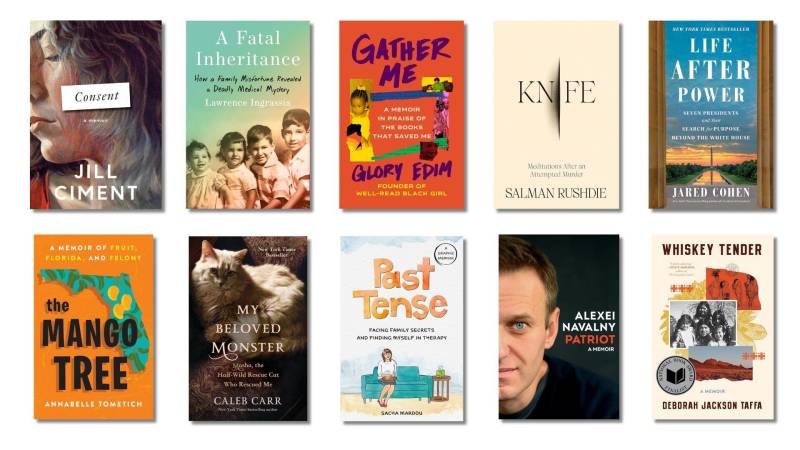There’s one in every family — that uncle or sister-in-law who only reads nonfiction. As you seek out the perfect read for your loved ones this year, we can help you find beautifully told true stories. There are more than 50 biographies and memoirs featured in Books We Love, NPR’s annual year-end reading guide. Check them all out here, or browse a sampling, below.

Consent: A Memoir by Jill Ciment
After the death of her husband of nearly 50 years, Jill Ciment reconsiders their relationship, which began when she was 17 and he was her much older, married drawing instructor. She first wrote about their early years together in Half a Life, when she was in her 40s and he was in his 70s. In Consent, she scrutinizes and amplifies that account in light of the #MeToo movement and changing social attitudes. Did she have the agency to consent? Was he a letch? Was she a vixen? How could she have known as a teenager that he was the love of her life? — Heller McAlpin, book critic

‘A Fatal Inheritance: How a Family Misfortune Revealed a Deadly Medical Mystery’ by Lawrence Ingrassia
In 1968, when journalist Lawrence Ingrassia was 15, his mother died of breast cancer at age 42. “It was tragic, but what was there to say?” he writes. Ingrassia couldn’t know then that in the decades to come, his three siblings would each die from a different kind of cancer and that a nephew would too. In A Fatal Inheritance, Ingrassia movingly intertwines his family’s oncological experiences with the winding story of how researchers worked to uncover the roles that heritable genetic mutations play in cancer risk. — Kristin Martin, book critic

‘Gather Me: A Memoir in Praise of the Books That Saved Me’ by Glory Edim
Tenderly written, Glory Edim’s Gather Me is a beautiful memoir that serves as a powerful testament to resilience. It pays tribute to the art of community building from someone whose career and identity are deeply rooted in literature. Edim, founder of Well-Read Black Girl, thoughtfully navigates her emotionally complex life, highlighting the books and authors that have shaped her journey. The chapter about Nikki Giovanni’s work — Edim’s spiritual exploration through it and the solace it brought her — is particularly poignant. Overall, it is an emotional narrative about family bonds and a meaningful gift to her community. — Keishel Williams, book critic

‘Knife: Meditations After an Attempted Murder’ by Salman Rushdie
For much of his adult life, Salman Rushdie has lived beneath a shadow — he’s as famous for his novels as he is for being the target of a fatwa. But in 2022, that threat went from theoretical to very real when Rushdie was stabbed repeatedly at a literary conference. That attack resulted in multiple long-term health issues, including blindness in his right eye. You might expect Rushdie’s memoir detailing the attack and its aftermath to be somewhat grim. And it is. But it’s also in turn warm, vulnerable, acerbic and, surprisingly, very funny. — Leah Donnella, senior editor, Code Switch

‘Life After Power: Seven Presidents and Their Search for Purpose Beyond the White House’ by Jared Cohen
The American presidency is viewed as the most powerful position in the world. What happens when the job ends? History is often surprising. Not everyone found the role to be the most fulfilling one they ever had. Jared Cohen looks at some fascinating case studies that back that up. John Quincy Adams and William Howard Taft found greater joy in other branches of government: Congress and the Supreme Court. George Bush enjoys his private life and art studio. Life after power can be much more rewarding. — Edith Chapin, senior vice president and editor in chief

‘The Mango Tree: A Memoir of Fruit, Florida, and Felony’ by Annabelle Tometich
This family memoir begins with a courtroom scene like no other. After a night in jail, Annabelle Tometich’s mom is charged with firing at a man who, she says, was stealing mangoes from the tree in her front yard. Tometich then hits rewind, taking readers back through her Fort Myers, Fla., childhood — with her Filipino American mom and white dad, a couple whose personality differences do not make them stronger together. The writing is both jewel-like and effortless, and Tometich’s memories — some mundane, some extraordinary — are mesmerizing. — Shannon Rhoades, senior editor, Weekend Edition

‘My Beloved Monster: Masha, the Half-Wild Rescue Cat Who Rescued Me’ by Caleb Carr
This unusual and beautiful “meow-moir” by The Alienist author and military historian Caleb Carr — the last book he wrote before dying of cancer at age 68 this year — explores the author’s lifelong affinity for cats and his particular relationship with one enormous, fluffy Siberian named Masha. Masha and the writer enjoyed 17 years of adventures together, mostly in and around their rugged rural home in upstate New York. The book chronicles their mutual zest for life and their struggles through illness and financial woes. Even though this is a book for cat lovers, it’s really for everyone: It explores, with somber pathos and wry humor, how we form attachments in life and how they keep us going through it all. — Chloe Veltman, correspondent, Culture Desk

‘Past Tense: Facing Family Secrets and Finding Myself in Therapy’ by Sacha Mardou
British cartoonist Sacha Mardou began posting her highly readable comics — about her experiences going to therapy when her daughter was young — on social media. Past Tense chronicles this story — the many steps that led Mardou to an earnest bridging of the past, her family’s history, into the present. Somewhere between Allie Brosh’s Hyperbole and a Half and Stephanie Foo’s What My Bones Know, Mardou’s brightly tinted, clear-eyed comics reveal how active self-reflection — combined with art, storytelling and professional supports — can powerfully reshape a person’s sense of self and community. — Tahneer Oksman, writer, professor and cultural critic

‘Patriot: A Memoir’ by Alexei Navalny
Russian opposition leader Alexei Navalny died in an Arctic Russian penal colony in February. But even in death, he continues his fight against President Vladimir Putin. This posthumous memoir has two sections: The first half is a traditional narrative, beginning with a true crime story when Navalny is poisoned with a nerve agent on a flight from Siberia in 2020. Halfway through, the book pivots to become his prison diary. Through even the darkest episodes, Navalny’s sunniness and humor shine through — whether he’s describing an episode of Rick and Morty that he left unfinished when he collapsed on that flight, or taking joy in the indulgence of bread and butter that he only ate on Sunday mornings behind bars. — Ari Shapiro, host, All Things Considered

In straightforward and affecting prose, Deborah Jackson Taffa writes about being brought up by a Quechan (Yuma) and Laguna Pueblo father and a Catholic Latina mother, both on and off the Yuma reservation. Although her parents were united in their approach to maintaining a family, their attitudes toward the world diverged in other ways, and Taffa received mixed messages about her Indigeneity, her proximity to whiteness and how she was meant to carry herself. As a teenager, she began to experience anger at the injustices her people were subjected to and, at the same time, began to learn that all change is sacred. — Ilana Masadbook, critic and author of ‘All My Mother’s Lovers’
This is just a fraction of the 350+ titles we included in Books We Love this year. Click here to check out this year’s titles, or browse nearly 4,000 books from the last 12 years.


